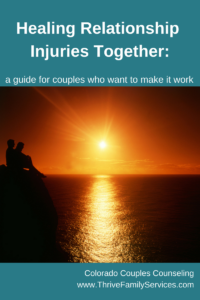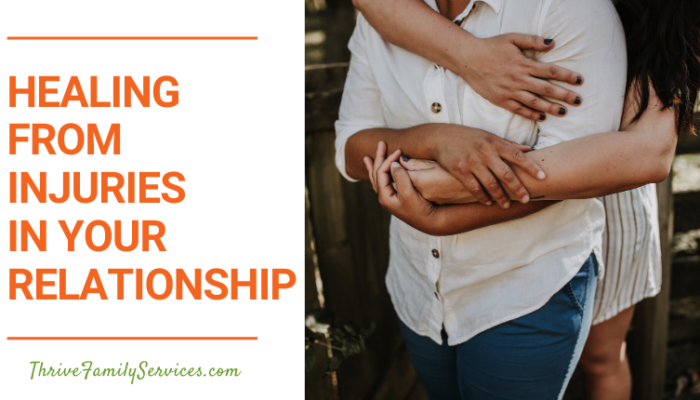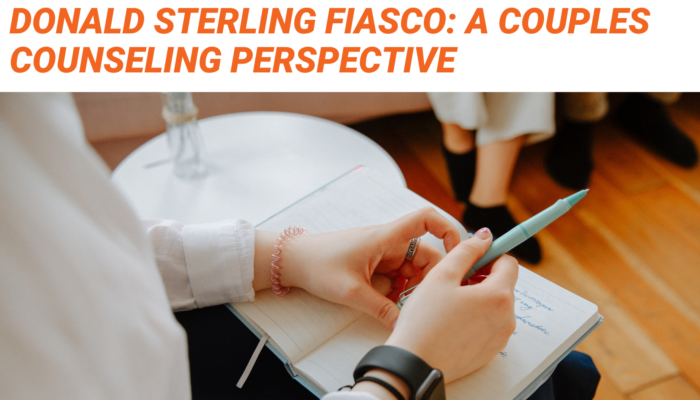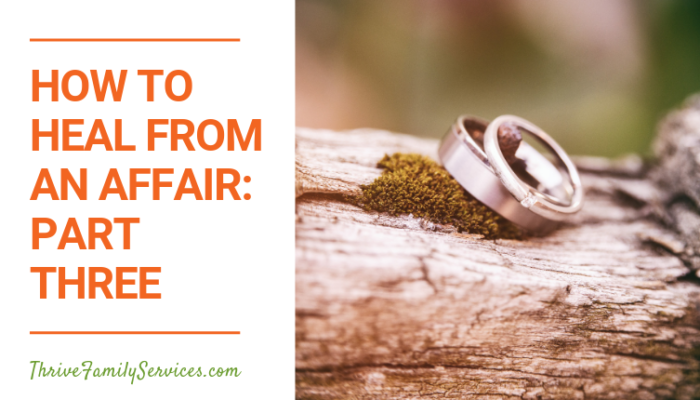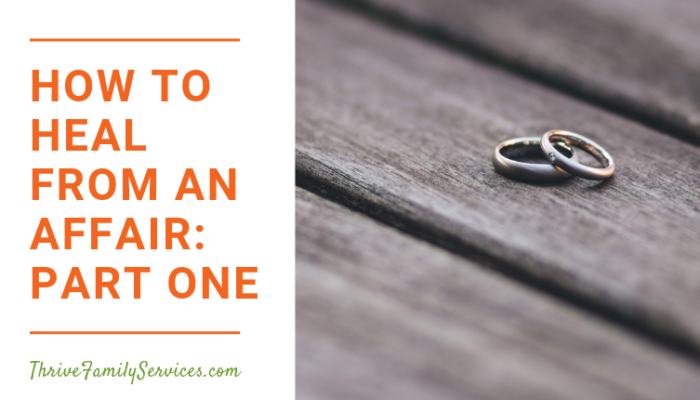Healing from Injuries in Your Relationship
In our Denver Couples Counseling Center, we work with many couples healing from injuries and growing through them together. Common sources of relationship injury include affairs or other betrayals, not being there for your partner in a time of great need, or when a person has an addiction that repeatedly harms the relationship.
Couples may also need to heal together when one or both partners experienced trauma as a child or before their relationship. Painful emotional scars from childhood sexual abuse, childhood emotional neglect, witnessing domestic violence, sexual assault, or physical abuse can affect our ability to feel safe in relationships. Understanding how previous trauma affects you or your partner currently is crucial to relationship success.
In our experience, healing from injuries or trauma as a couple is not only possible, but can be incredibly deep and beautiful healing. When the echoes of trauma come alive, there is no better person than our special one to hold us and comfort us. It is profoundly powerful when two people decide healing is important to them, and they commit to getting help.
Relationship injuries can be on a spectrum from small and easily repairable, to significant and needing major healing.
Healing from smaller injuries
We say in Emotionally Focused Couples Therapy that “There’s no such thing as a relationship without ruptures. It’s ALL about the repair.”
Inevitably, smaller but upsetting injuries will happen fairly frequently in your relationship. Examples include moments such as not listening in the way that feels good to your partner, forgetting an important date, disagreeing on where to live, or name calling in the heat of an argument. These smaller hurts may lead to arguments, tears or longer lasting tension.
Healing from bigger injuries or betrayal traumas
But for some couples, there will be big injuries that sometimes are experienced as trauma. These bigger injuries are sometimes called attachment injuries or betrayal trauma. Trauma is different from upset in that it is on the most extreme end of the emotional spectrum.
Trauma occurs when a situation is so overwhelming or threatening physically or emotionally that it exceeds your ability to cope, leaving you in a dire state. When events meet this standard, they leave an irrevocable imprint.
Trauma happens when very bad things occur with people and situations that were meant to be safe and dependable.
After trauma, your worldview may do a complete 180. It can feel like you just can’t quite shake the emotions and thoughts, and they can follow you to all sorts of places.
We typically think of trauma occurring in childhood and stemming from neglect, sexual abuse, or emotional abuse. However, trauma can occur in adult relationships too.
Adult trauma can happen because of domestic violence, infidelity, or other experiences of not having your person be there for you in a time of great need.
What is effective healing from injuries or trauma?
As therapists, we see evidence every day that people can recover from trauma. However, the most basic requirement for healing to happen is that the threat must have stopped completely. No healing can happen if violence, addiction, or betrayal continues.
If a couple can restore safety, the ability to lean on each other can become one of the best ways to create healing.
It’s important to learn what effective recovery and healing from injuries looks like. People can have all kinds of false beliefs and misinformation about what healing together “should” be. Let’s start with some of the more common ways couples get stuck when trying to heal an injury.
Stumbling Blocks in Healing Injuries: Misinformation, Anger, and Discouragement
Misinformation or Unrealistic Expectations about Healing: Why are we still talking about this??
One of the most common stumbling blocks to healing together is misinformation or unrealistic expectations the time it takes to heal big injuries or betrayal trauma, and what steps are involved in healing.
For example, we often see a couple where one partner feels surprised and confused about why they are still talking about a past hurt.
They say things like:
- “Can’t we move past this?”
- “The affair was 3 years ago, why does that matter now?”
- “We’re so much better. What’s the point of bringing this up again?”
- “I’ve apologized a million times. Why can’t you get over this?”
It can be even more confusing when it seems the trauma pops up during the best of times when you are thriving.
The truth is, healing from injuries is a PROCESS, not a light switch. It takes time and consistently safe responses to heal your relationship together.
Dealing With Triggers When Healing From Injuries
For the person who was injured or experiences trauma, feelings about what happened can show up at any time. Sometimes it’s something as small as a smell or remembering something, and the feelings and memories are “triggered” and brought right to the surface, feeling just as painful and raw.
Anger
Often, when a partner can tell the one with the injury is feeling triggered, they get frantic to get out. On the outside this can look like becoming angry, frustrated, resentful, problem solving, defending or even shutting down.
Unfortunately, this negative response does little to help your partner work through that trigger. Instead, those impatient responses can actually increase their upset feelings.
The more you disconnect from the trigger and your partner’s feelings, the less the opportunity you have to utilize the powerful resources your relationship can offer.
Instead of resisting, can you slow down your response, and try to be curious about theirs? Why is this popping up now? What is similar? What’s the trigger?
It is crucial to hear what happened that triggered the feelings, and validate them. After the alarm is understood and responded to, it has little reason to keep go off so loudly.
Discouragement: Why does my partner keep getting triggered?
After you go through a trauma such as an infidelity, or living with a loved one who is addicted, even though the situation may improve, you cannot erase the memory.
This hurt is part of your history now, and to ask yourself to forget it is nearly impossible. This will continue to be a factor in your relationship dynamics.
Many of our clients fear this means something is wrong, when in fact, it’s quite normal.
When it comes to trauma, your body keeps the score. (1) It’s biology that is hard-wired in and it is NEVER a choice in the person suffering.
After your body goes through a negative experience it takes note and starts to build a security system to protect you. Any reminiscent taste, feeling, circumstance, etc. is programmed to set off the alarm system.
In essence, it’s your body’s way of saying, “It’s happening again! Prepare!” This is your survival system at work.
But why do they get triggered when it’s not that same situation?
Unfortunately this built in security system is a little basic. It’s normal to get some false positives. This doesn’t mean you haven’t done any healing. This doesn’t mean your partner is doing something wrong or that you’re broken. Triggers are normal.
How can we heal from injuries or trauma together??
Through conversations with your partner, you can calm this automatic bodily response and reassure the feelings that come with it.
A connected and safe conversation about what’s happening is the antidote you need in order to start to heal and trust. Each experience of a positive and secure response when you feel triggered can start to heal and change this injury.
By understanding how your brain senses situations and makes connections, you can validate this tough déjà vu feeling. Having a partner who can calmly and safely be present in the panic with you can help you and your brain start to regulate this terrible feeling.
- “Of course it feels the same. This was that time of year. I’m so sorry It’s coming up again.”
- “Yes, it makes sense this is popping up. The situations were so similar and it hurts.”
- “Surely this would trigger the alarms. It feels like the calm before the storm again.”
The more you can be open to and listen to the trigger and bad feelings and understand why they appear, the less power it has over your relationship. It’s a horrible cycle to feel bad and then feel bad you feel that way.
Counter intuitively, the more attention you pay to these feelings, the less intrusive and haunting they will be.
The alarm system will most likely never be erased or disabled. This is basic human neuroscience. However, with acceptance and safe talks with your partner, you can learn to turn down its volume.
Trauma recovery looks like an infrequent quiet alarm reminder, one that you can recognize and hear, but does not overwhelm you and your partner.
Healing looks like calm understanding and a safe harbor between you in the midst of pain and fear.
Remember, it’s never an injured person’s choice to feel upset or triggered by injuries, but it is a choice how you deal with it together.
If you want to learn more about how to heal from injuries together, schedule an appointment with our Denver Couples Counselors at 303-513-8975. Schedule Appointment
Denver Couples Therapists and Relationship Betrayal Healing.
- van der Kolk, B. A. (2014). The body keeps the score: Brain, mind, and body in the healing of trauma. New York, NY, US: Viking.
